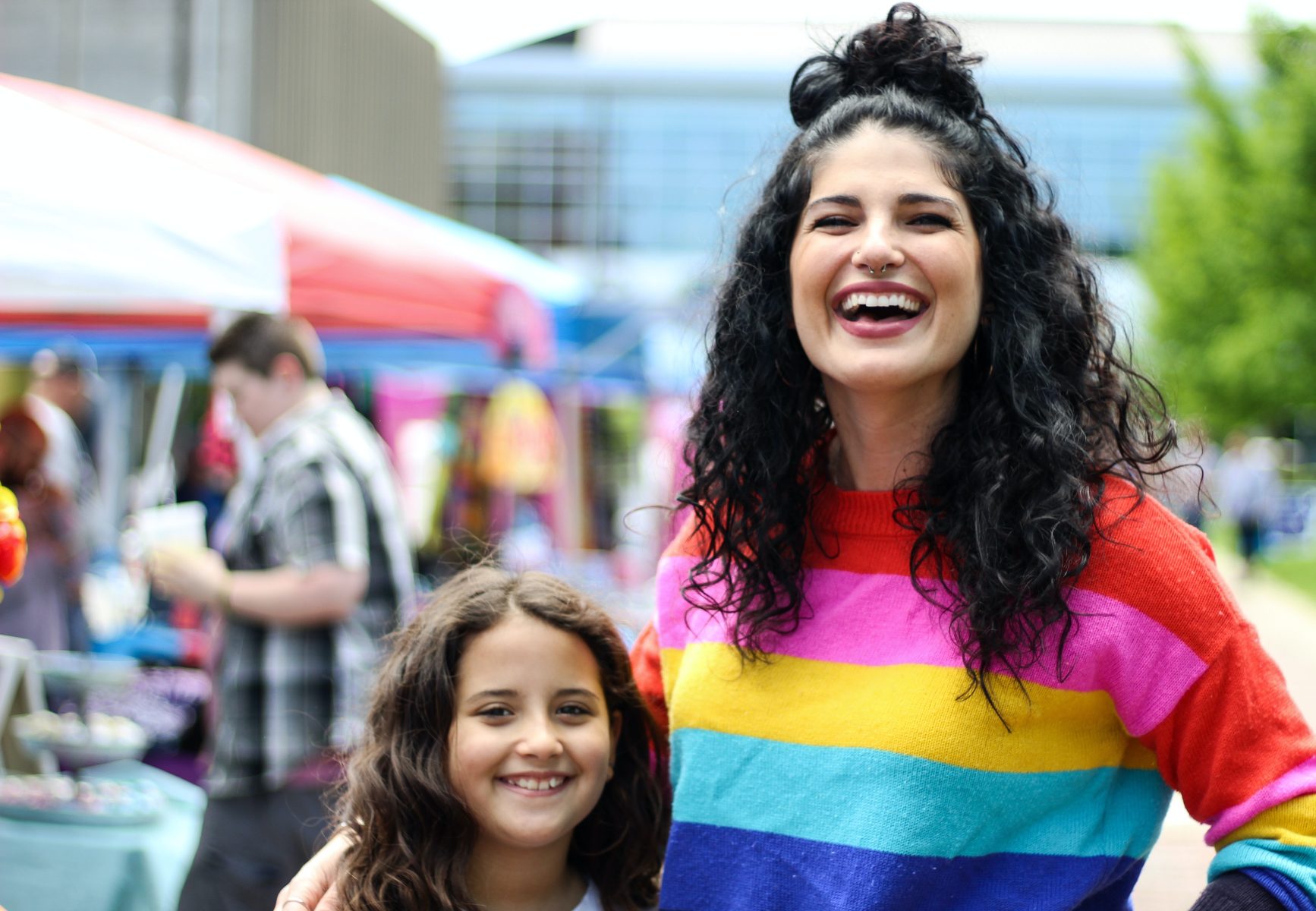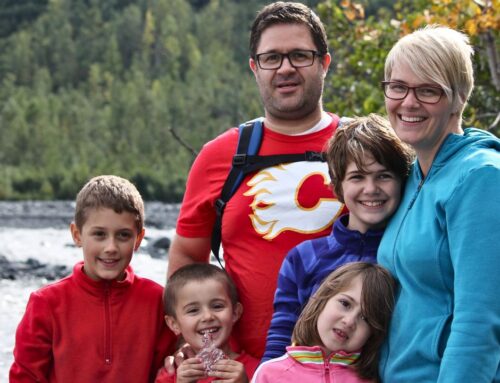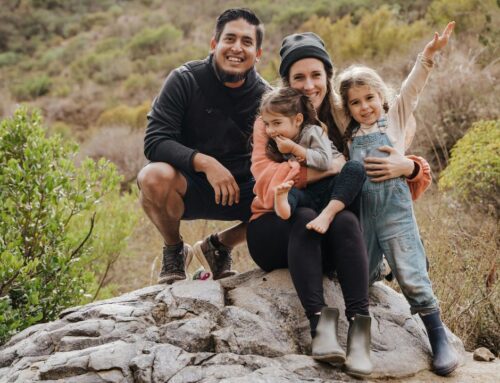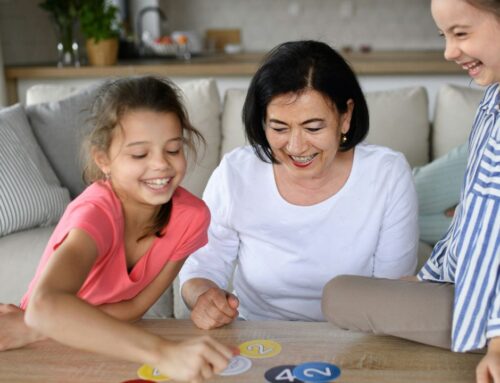SelfDesign believes in the safety, acceptance and inclusion of all learners in regard to ability, learning style, culture, race, personal or spiritual beliefs, and gender identity and expression.
We work year-round to find ways to implement SOGI 123 (Sexual Orientation and Gender Identity 123) throughout our organization and offerings to support our learners and other community members who identify as lesbian, gay, bisexual, asexual, transgender, queer, intersexual, two-spirit or any other gender, or who might be exploring their gender identity and sexual orientation. The Ministry of Education requires all B.C. schools to implement SOGI programming.
As part of those efforts, we’ve developed the Rainbow Hub to support learning about issues related to sexual orientation and gender identity in a way that is age and developmentally-appropriate. Developed for learners in kindergarten to grade 5 and in grades 6–7, the Rainbow Hub complements the resource collections available for both the grade 8–9 and 10–12 class pages for SelfDesign’s Gender Sexual Orientation Alliance (GSA) on our online learning platform.
“The Rainbow Hub is an exciting offering for the SelfDesign community,” says SelfDesign’s Family Services team lead Todd Butler. “The formation of the GSA in 2020 was a successful collaboration between educators and learners in grades 8 to 12, and the Rainbow Hub builds on that success by introducing foundational SOGI principles through age-appropriate resources for younger learners.”
Launched last year, it is one of the many initiatives we’ve developed for learners as part of our efforts to implement SOGI 123 within our community.
Launch of learner-led GSA opens new opportunities
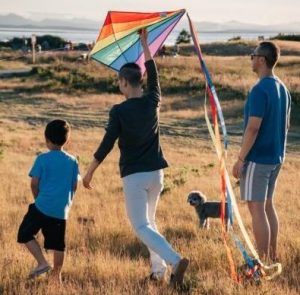 The launch of our GSA for grades 8 to 12 in September 2020 was made possible by the enthusiasm and insights of a number of inspiring learners who had become involved in developing and leading the initiative. That laid the foundation for additional opportunities to be put in place for our learner community.
The launch of our GSA for grades 8 to 12 in September 2020 was made possible by the enthusiasm and insights of a number of inspiring learners who had become involved in developing and leading the initiative. That laid the foundation for additional opportunities to be put in place for our learner community.
“Originally, the hope for the GSA was to continue to expand our real-time offerings for learners who were looking for a safe and inclusive space that was held within our program’s agreements and philosophy,” says SelfDesign Vice Principal and SOGI 123 co-lead Clarissa Tufts. “Whether it was for continuing conversations amongst peers in the realm of sexual orientation and gender identity, or simply a weekly hang-out that was safe for self-expression. Where the learners took the GSA was an open opportunity at that time.”
In addition to membership meetings, the GSA had a presence in the SelfDesign learning platform. There, learners involved in the GSA, the group’s educator sponsor, Family Services Educational Coordinator and SOGI co-lead Anastasia Hangemole, and the Family Services team, identified and made available resources to support youth in grades 8 to 12 who were interested in learning more about topics related to gender and sexuality.
Inspiration for supporting younger learners
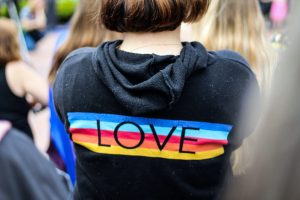 Clarissa and Anastasia also attended workshops and seasonal gatherings with other schools keen to share and grow in their SOGI 123 programs and offerings. During these, Anastasia noted that a number of those other schools had junior school GSA-style clubs for younger learners. At one gathering she attended, a school librarian shared his list of age-appropriate SOGI-inspired books.
Clarissa and Anastasia also attended workshops and seasonal gatherings with other schools keen to share and grow in their SOGI 123 programs and offerings. During these, Anastasia noted that a number of those other schools had junior school GSA-style clubs for younger learners. At one gathering she attended, a school librarian shared his list of age-appropriate SOGI-inspired books.
It started to feel like an opportunity to expand the GSA and SOGI offerings at SelfDesign, Anastasia says.
“Because of the nature of our online offering, we recognized that a junior GSA probably wouldn’t work, and yet it still felt like there could be a way to offer something to our community,” she says. “I knew from my years of being a learning consultant for children in kindergarten to grade 9 that our families with younger learners would appreciate and value a place to go for references to support emergent learning about gender and sexuality.”
When she asked a few of SelfDesign’s GSA members about the importance of making these kinds of resources accessible to kids, the answers provided confirmation.
“More resources would have helped me to feel more valid in my identity,” one learner responded.
Another said, “Understanding the nuances of sexuality would’ve helped me feel okay in those nuances in myself.”
A third learner–a member of the GSA told her that early SOGI education “takes it out of the taboo realm,” and that that is important because “providing well-curated resources instead of leaving it up to kids to ‘find’ is way safer.”
As a baseline from which to focus resources, SelfDesign’s “K–7 SOGI Principles” were outlined. These principles are: celebrating diversity; personal growth and self-reflection; and respectful relationships and community.
Anastasia started pulling together age-appropriate resources, drawing on sources such as SelfDesign’s own Learning Experience Library. She met with colleagues about how to design a landing place for what became known as the K–5 Rainbow Hub and 6–7 Rainbow Hub.
“It truly became a group effort,” she says. “We even had a lively discussion about what to call it and the ‘Rainbow Hub’ was the obvious winner.”
Rainbow Hub launches
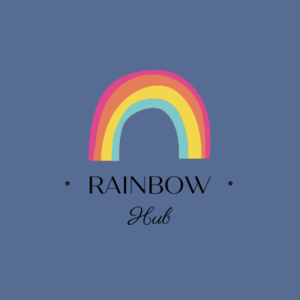 Last year, the Rainbow Hub was launched. Monthly offerings with rotating themes, such as ‘Sexual Identity and Friendships’, ‘Gender Spectrum and Self Worth’, and ‘Body Awareness and Consent’ include memes and graphics, books, videos and links to Learning Experience Library topics.
Last year, the Rainbow Hub was launched. Monthly offerings with rotating themes, such as ‘Sexual Identity and Friendships’, ‘Gender Spectrum and Self Worth’, and ‘Body Awareness and Consent’ include memes and graphics, books, videos and links to Learning Experience Library topics.
And just as with the collections for older learners, new resources are added to the Rainbow Hub as they become available.
“I’m excited about continuing to provide a rich array of SOGI-inspired resources to our learners, families and educator community,” Anastasia says. “I’m seeing more and more SOGI-inspired books, videos and other resources becoming available, which shows me the importance of learning about gender and sexuality is to people.”

